|
Here is a very rare photograph showing the red diamond and bar sleeve rank insignia worn on a battledress. It must be right at the time they were being phased out in the Autumn of 1941 just before the yellow upper sleeve insignia was issued.
This District Warden Incident Officer (IO) is also wearing the light blue helmet cover and appears to have the London script style IO badge above the rank badges. I'm guessing the Messenger has one of the London Borough emblems on his helmet (possibly Finchley). A unique set of insignia.
0 Comments
Here is an interesting short film from British Pathé about identifying and staying away from German butterfly bombs. These antipersonnel bombs could have caused immense havoc but thankfully only a limited number were dropped. Ministry of Information public safety trailer about antipersonnel bombs (butterfly bombs) This is an interesting article on The Gurdian recalling the impact of a raid on Grisby and Cleethorpes in 1943 when numerous butterfly bombs were dropped. Remembering the terror the Luftwaffe's butterfly bombs brought to the North
This 1937 memorandum outlines the early ideas behind the Air Raid Warden Service. An interesting read as much was to rapidly change in the early years of the war and especially once the Blitz started.
This group photo of wrens from King;s Lynn shows a myriad of ways to wear the black wool Civil Defence beret. Whereas the army and RAF had regulations concerning the wearing of headwear, within the Civil Defence Services it appears there was a great deal of lassitude.
A few ARP wardens and a Rescue Squad member (with unknown helmet marking of a diamond on the side) are shown early in this film. |
Please support this website's running costs and keep it advert free
Categories
All
Archives
June 2024
|
|
|
Copyright © 2018–2024
|
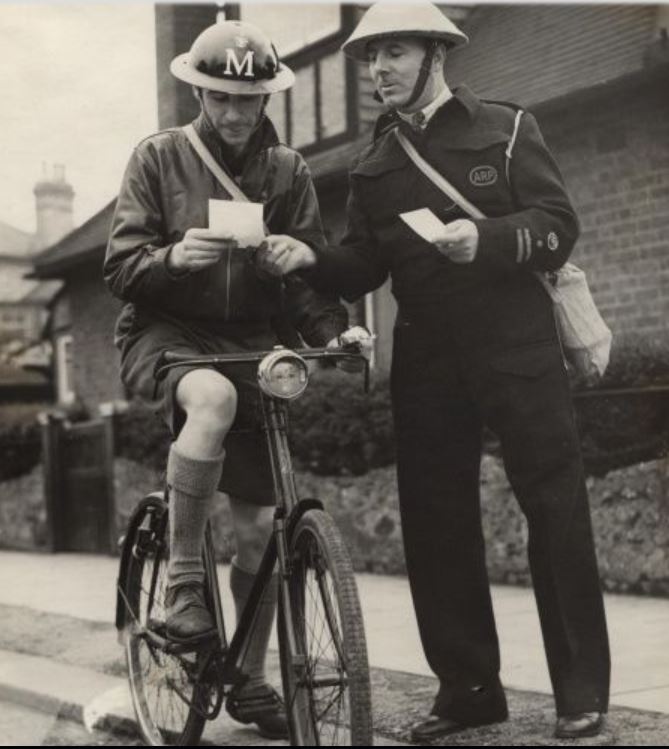
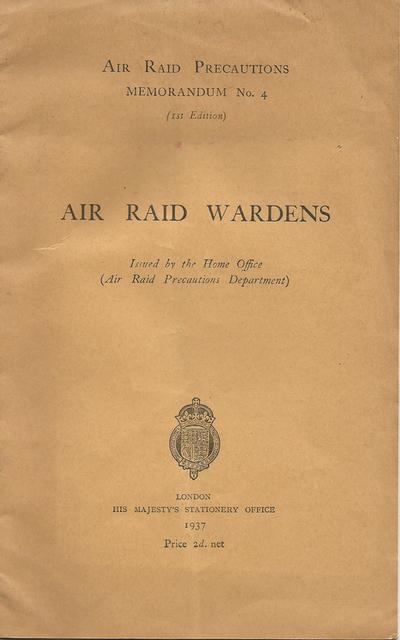
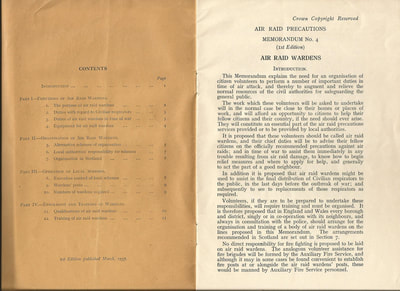
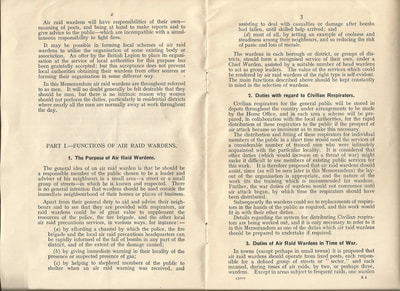
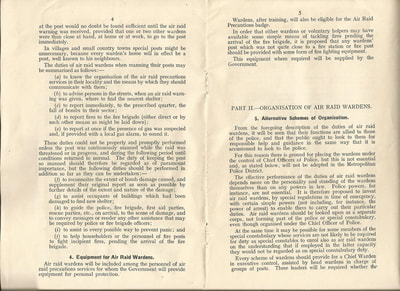
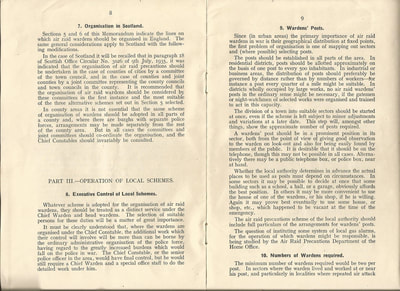
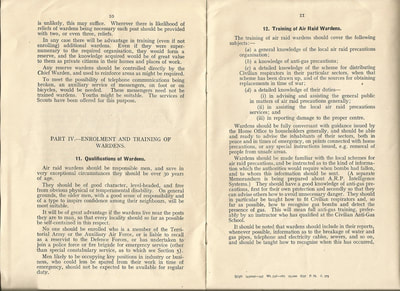
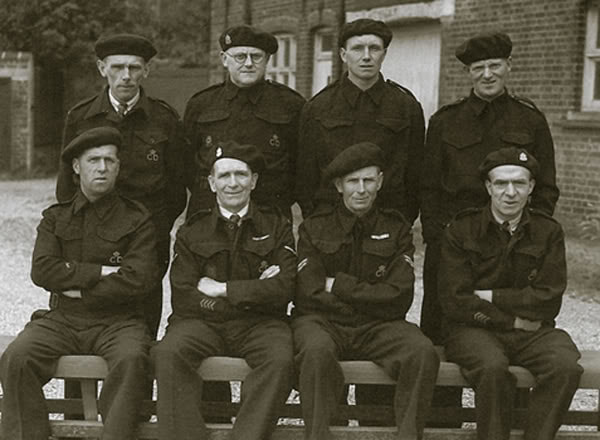
 RSS Feed
RSS Feed